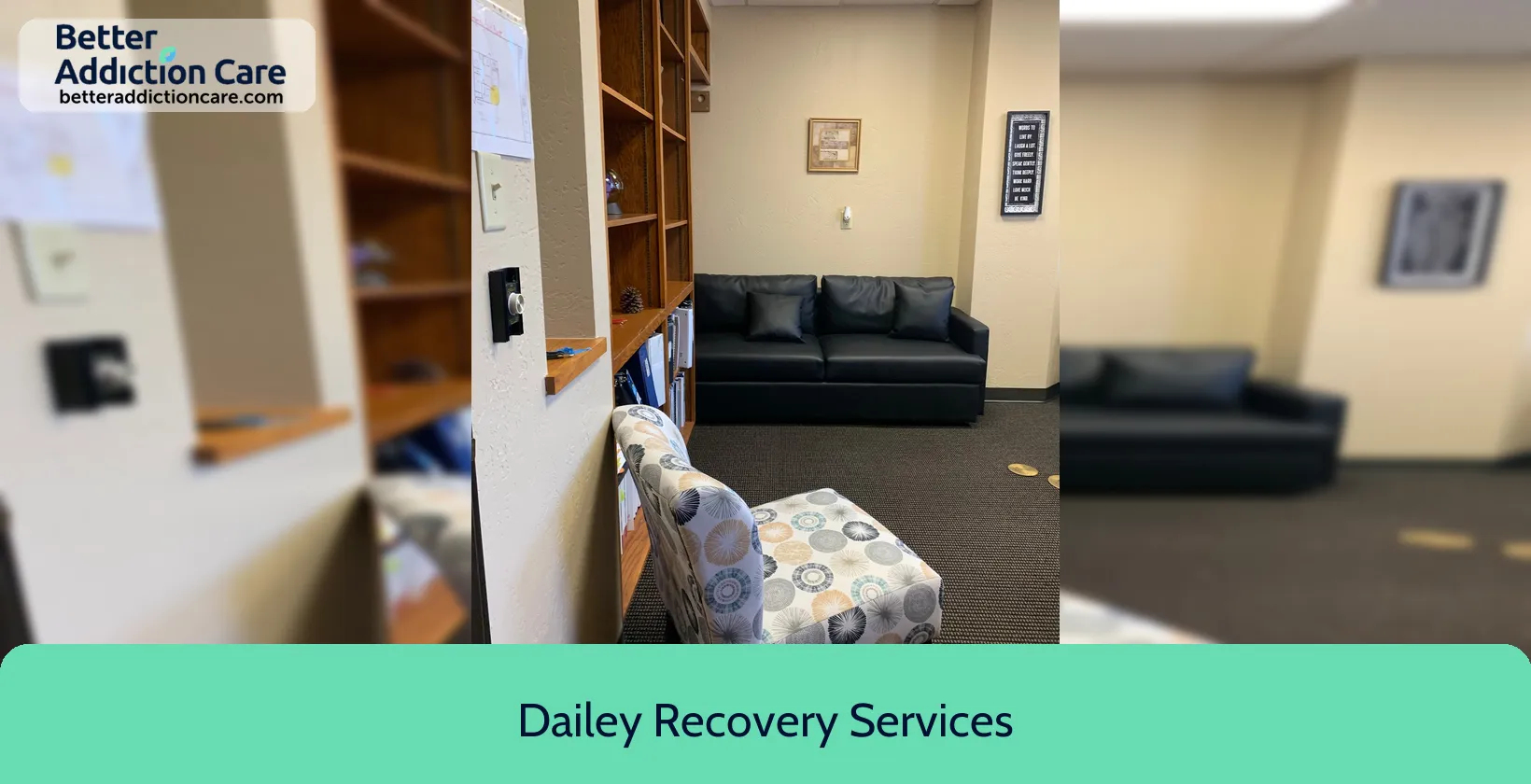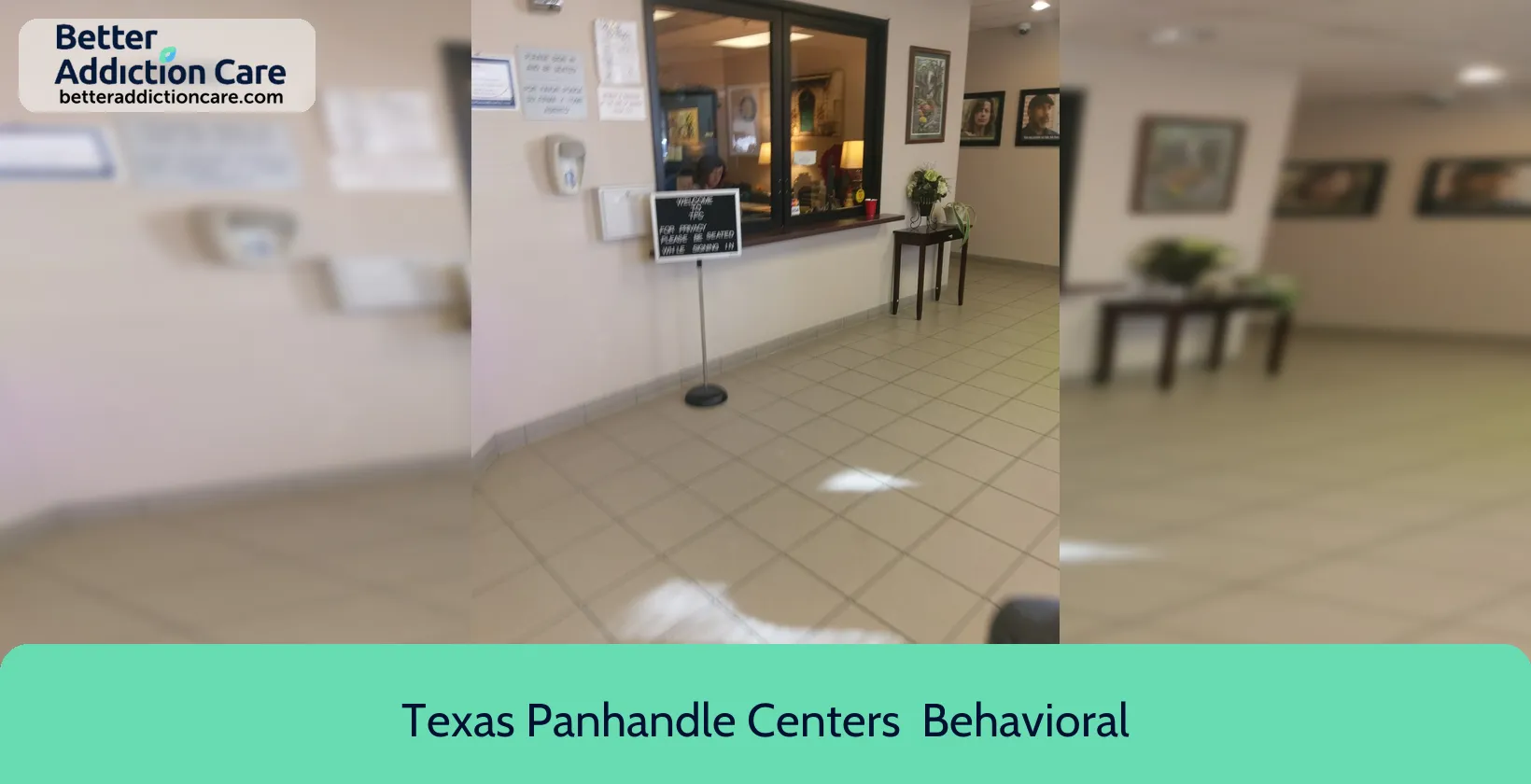WTCR Amarillo

Overview
Located in Amarillo, Texas, West Texas Counseling & Rehab (WTCR) is a member of an established network of outpatient treatment facilities that specialize in treating drug use disorders, including opioid addiction. WTCR, which was founded in 1986 by Dr. Juan Garcia, now has 10 sites around Texas, including facilities in Abilene, Dallas, Garland, and San Angelo. With individualized treatment regimens that include medication-assisted treatments and comprehensive counseling services, this privately run rehab facility specializes in offering comprehensive care for alcoholism, opiate addiction, and other drug use disorders.
With gender-specific therapies that address the different issues experienced by men and women in recovery, WTCR's outpatient programs are designed to suit the individual requirements of a variety of client groups. To help patients with opioid use disorder (OUD), their programs include medication-assisted treatment (MAT) choices including buprenorphine and methadone. By controlling cravings and stabilizing withdrawal symptoms, this evidence-based strategy enables people to concentrate more successfully on behavioral treatments and counseling, two essential elements of long-term recovery.
The idea that medicine alone is not enough for long-term rehabilitation is a fundamental component of WTCR's strategy. In addition to medicine, WTCR offers a structured counseling program that encourages patients to rethink their connection with their addiction, work through behavioral changes, and learn new coping mechanisms. Through individual, group, or family-based counseling sessions, patients may learn about the root causes of their addiction and acquire useful skills for controlling triggers and sustaining their recovery.
Every patient at WTCR takes part in a cooperative treatment planning process with doctors and professional counselors. The patient and the treatment team collaborate to develop a customized road map that specifies certain recovery objectives and checkpoints. To make sure the patient's development is in line with their goals of being drug-free in the future, this customized plan is evaluated on a regular basis. Only certified experts committed to providing compassionate, evidence-based care that supports the road to long-term sobriety make up WTCR's treatment team.
WTCR's accreditation by The Joint Commission, which reflects its adherence to high standards of clinical practice and ethical treatment in the area of addiction recovery, is another indication of its dedication to patient-centered care. This certification highlights WTCR's position as a reliable resource in the Texas healthcare system, offering organized, considerate, and expert assistance to people with drug use problems and their families.
WTCR Amarillo at a Glance
Payment Options
- Cash or self-payment
- Medicaid
- Medicare
- State-financed health insurance plan other than Medicaid
- Private health insurance
Assessments
- Screening for tobacco use
- Comprehensive substance use assessment
- Screening for mental disorders
- Screening for substance use
- Complete medical history/physical exam
Age Groups
- Young adults
- Adults
Ancillary Services
- Case management service
- Opioid use disorder clients only
Highlights About WTCR Amarillo
7.51/10
With an overall rating of 7.51/10, this facility has following balanced range of services. Alcohol Rehabilitation: 8.00/10, Drug Rehab and Detox: 8.46/10, Insurance and Payments: 6.00/10, Treatment Options: 7.58/10.-
Drug Rehab and Detox 8.46
-
Alcohol Rehabilitation 8.00
-
Treatment Options 7.58
-
Insurance and Payments 6.00
Accreditations
State department of health:

Government agencies issue State Licenses, granting rehabilitation organizations permission to operate their businesses legally within specific geographic regions. The licenses needed for legal operation are typically determined by the type of rehabilitation program offered by a facility and its physical location.
The Joint Commission:

The Joint Commission accreditation for addiction and behavioral health is a prestigious recognition signifying a facility's commitment to delivering high-quality care and safety for individuals dealing with substance abuse and mental health issues. It involves rigorous evaluations and assessments, ensuring patients receive evidence-based treatment and exceptional care. This accreditation demonstrates a facility's dedication to continuous improvement and ethical practices, building trust among patients and healthcare professionals seeking top-tier addiction and behavioral health services.
SAMHSA certification for opioid treatment program (OTP):
SAMHSA's Opioid Treatment Programs (OTP) Accreditation is a rigorous recognition process, signaling an OTP's commitment to high-quality care for those with opioid use disorders. It assures patients, families, and the community that the program adheres to evidence-based practices, maintains a safe environment, and employs qualified staff. This accreditation represents a commitment to addressing the opioid epidemic and promoting recovery, symbolizing quality and accountability in opioid addiction treatment.
Drug Enforcement Agency (DEA):
DEA accreditation refers to the process by which a law enforcement agency is recognized by the Drug Enforcement Agency (DEA) as having met specific training, operational, and resource requirements necessary to participate in DEA-led drug enforcement efforts. This accreditation allows the agency to perform DEA-related tasks such as conducting investigations, executing federal search warrants, and participating in joint task forces.
Treatment At WTCR Amarillo
Treatment Conditions
- Alcoholism
- Substance use treatment
- Co-occurring Disorders
- Opioid Treatement
Care Levels
- Outpatient
- Outpatient detoxification
- Outpatient methadone/buprenorphine or naltrexone treatment
- Detoxification
Treatment Modalities
- Cognitive behavioral therapy
- Telemedicine/telehealth therapy
- Substance use disorder counseling
- Trauma-related counseling
- Smoking/vaping/tobacco cessation counseling
Ancillary Services
Languages
- Spanish
Additional Services
- Pharmacotherapies administered during treatment
- Discharge Planning
- Breathalyzer or blood alcohol testing
Special Programs
- Pregnant/postpartum women
- Clients who have experienced trauma
Get Help Now
Common Questions About WTCR Amarillo
Contact Information
Other Facilities in Amarillo

6.68

6.80

6.74

6.79

6.92

6.89

6.80

6.68
DISCLAIMER: The facility name, logo and brand are the property and registered trademarks of Texas Panhandle Centers - Behavioral and Developmental Health, and are being used for identification and informational purposes only. Use of these names, logos and brands shall not imply endorsement. BetterAddictionCare.com is not affiliated with or sponsored by Texas Panhandle Centers - Behavioral and Developmental Health.
